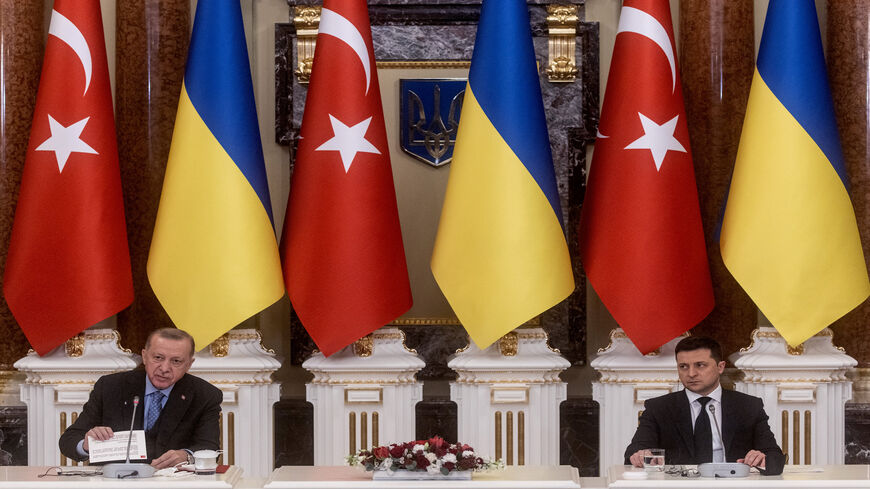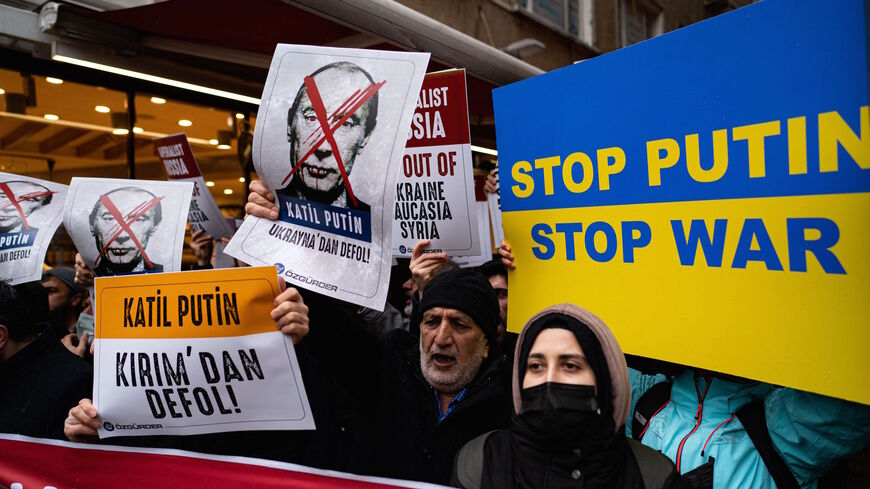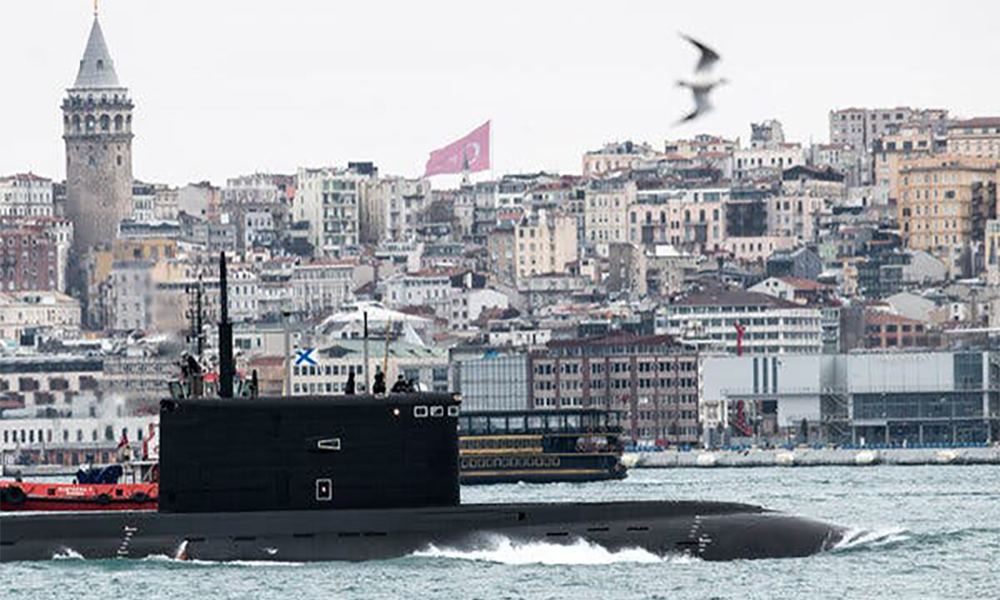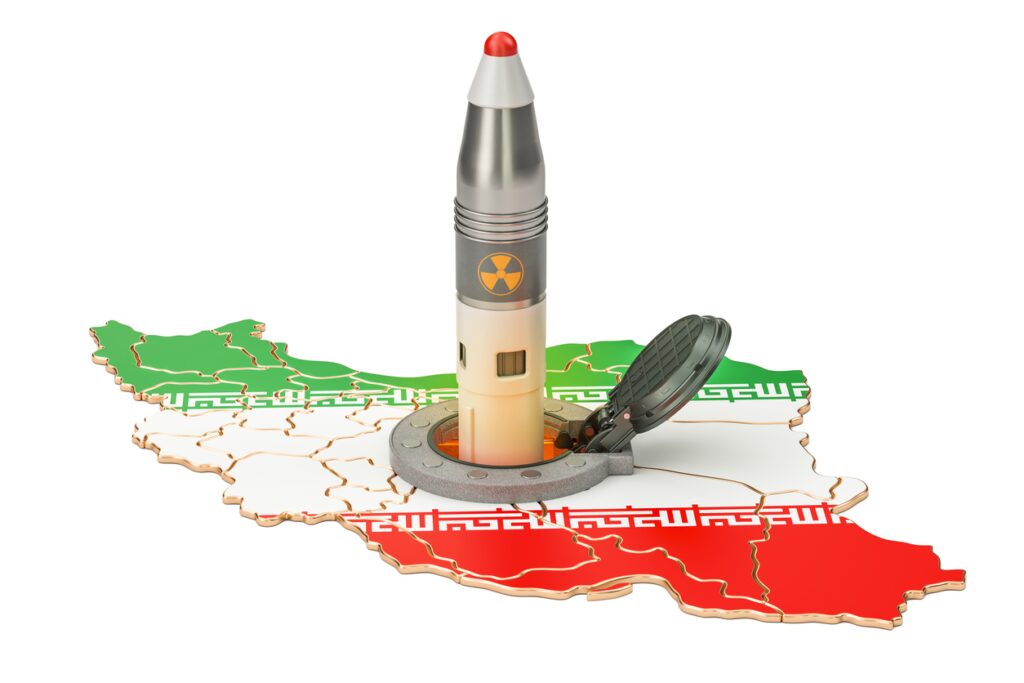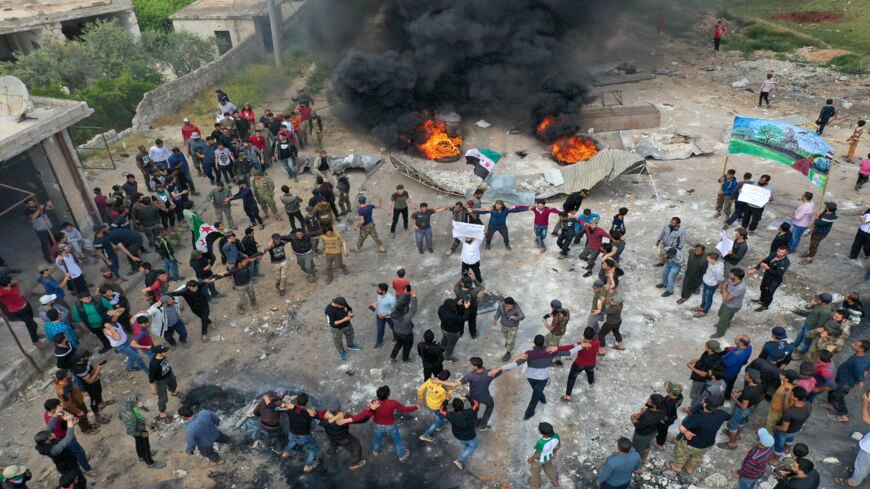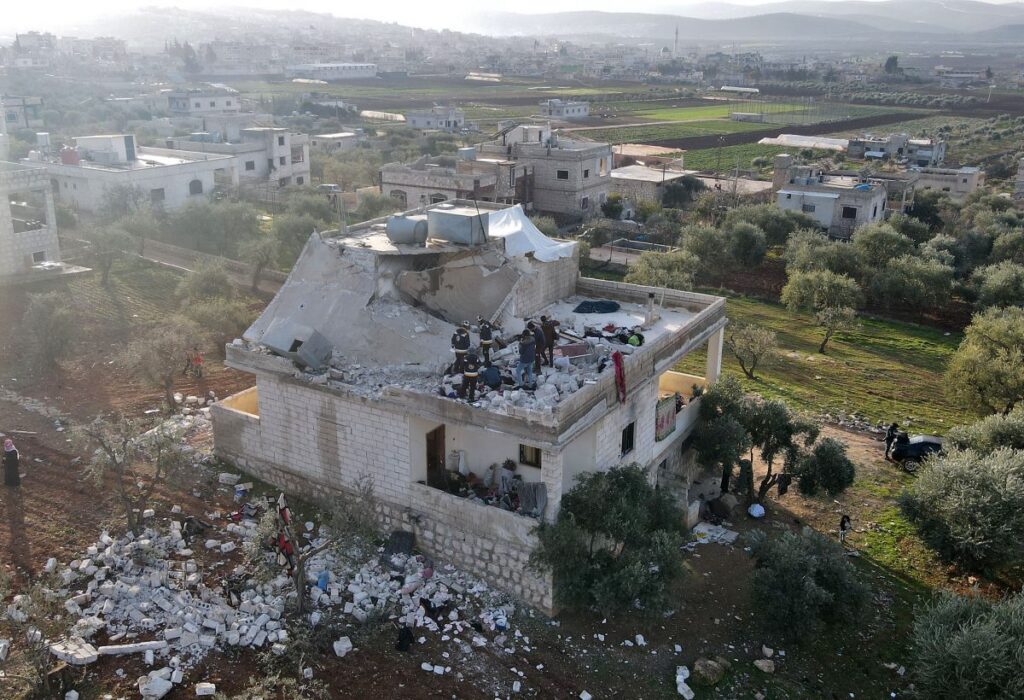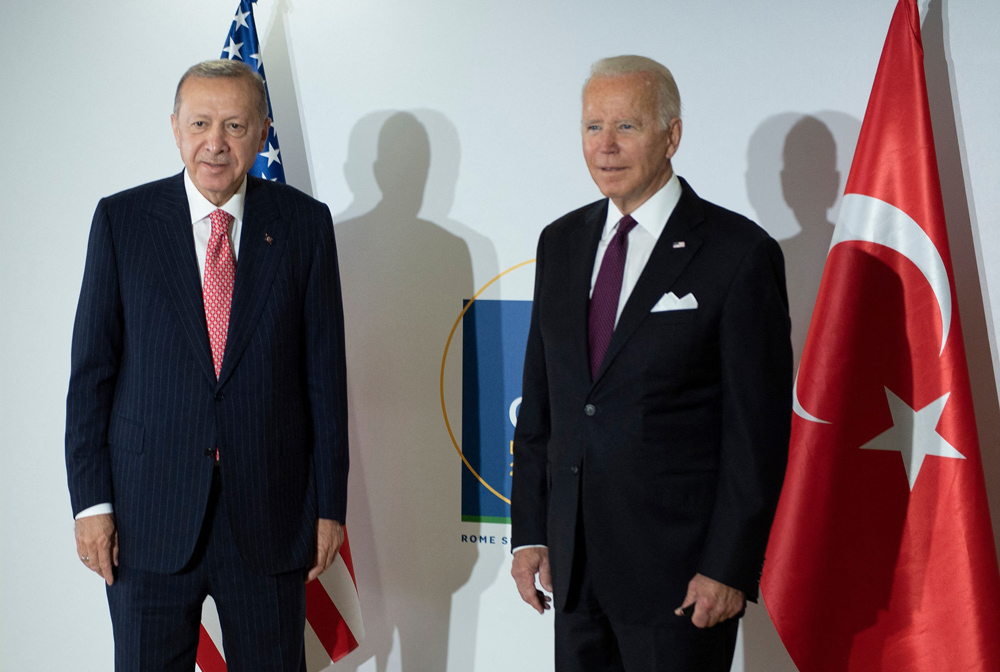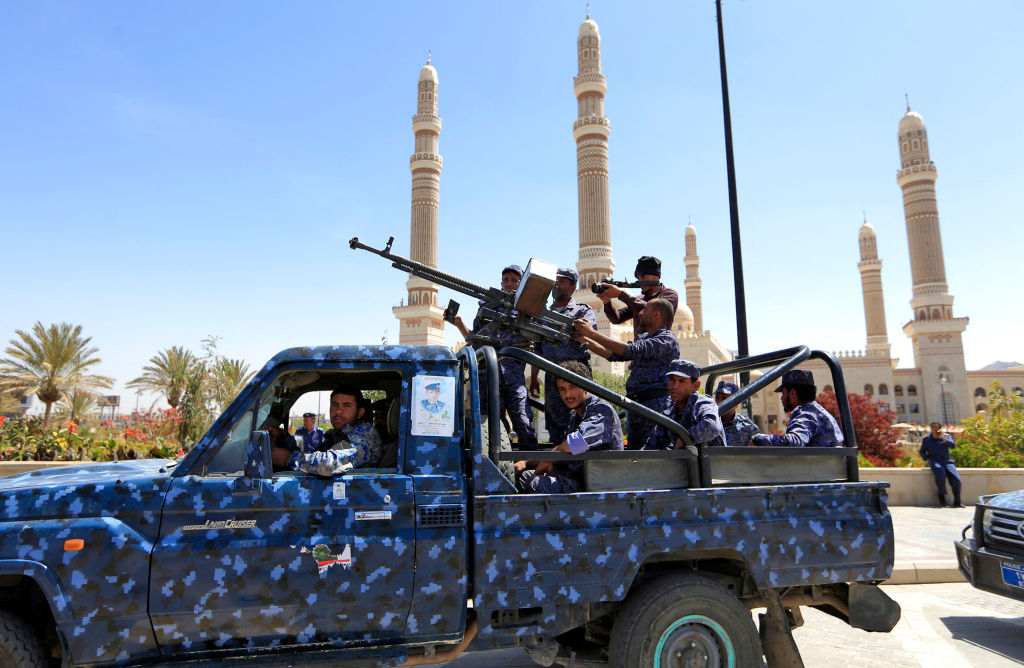Turkish fintech seeks Qatari investment
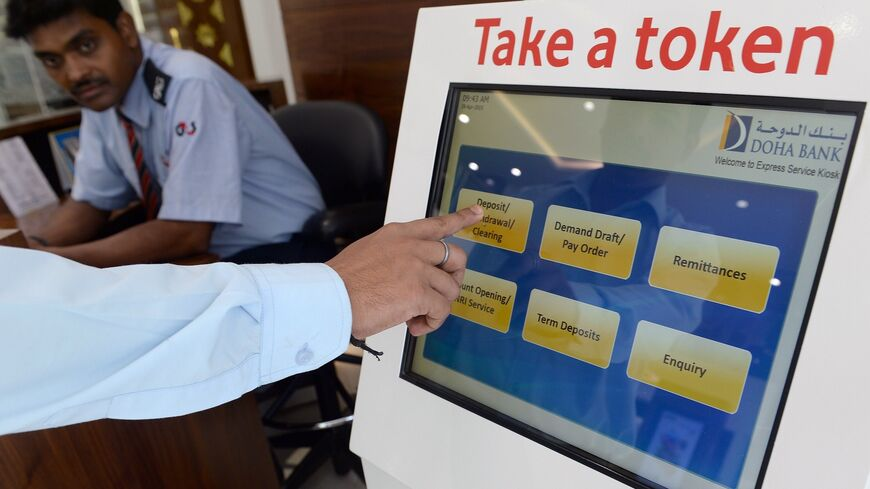
The financial technology sector in Turkey has grown significantly, and is looking to Qatar for further expansion.
Turkish fintech companies met with Qatari investors this week in a webinar. The Turkish presidency’s finance office organized the event along with the private Qatar Financial Center on Feb. 23-24, Turkey’s official Anadolu Agency reported today.

